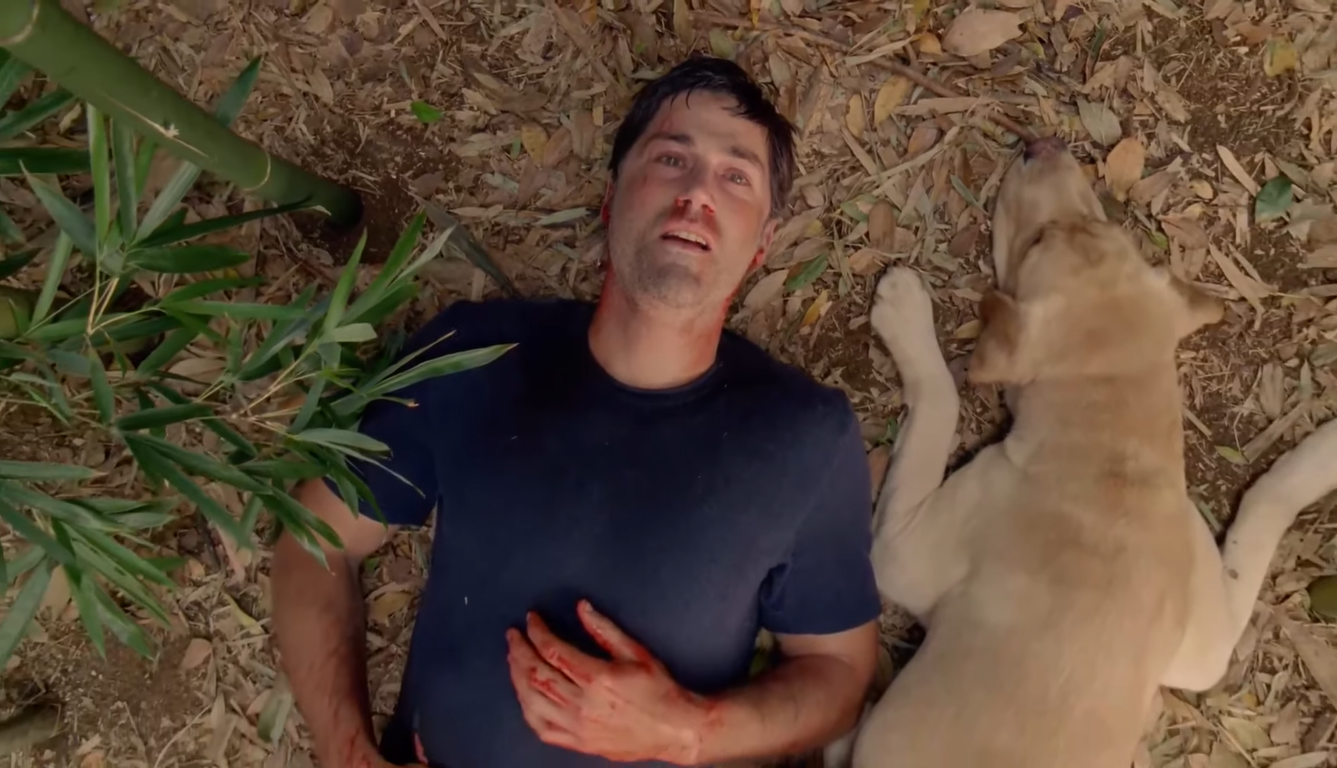Lost celebrates its 20th anniversary this year, and it's back on Netflix now. As a result, there’s already a whole lot of pontificating and evaluating and reevaluating and episode-ranking from the wider pop-critical blogosphere. The show, generally, has been critically reappraised and appreciated for what it is rather than excoriated for what we thought it would or should be. But the caveat has always been that the show is good despite its disappointing ending and convoluted final season.
Don’t believe the lies. When you're freed from the compulsion for mysteries to be solved or questions to be answered, the dramatically overwrought final episode of Lost succeeds as both a sendoff to its characters and a way to tackle the actual themes of the series rather than its puzzle—life, love, found family, and extremely strong overtones of Catholicism.
Let’s get the obvious out of the way, and clearly there are spoilers involved: They weren’t dead for the entire show. It’s clearly spelled out in the literal last scene of the finale. It is also obvious by just watching. Let’s get something else out of the way: Lost is very clearly a ridiculous show, but I don’t think the people who cried about that during its run really appreciate just how much the show was aware of its own ridiculousness. It’s not totally the viewers' fault—the show's creators, Damon Lindelof and Carlton Cuse, soaked up serious adulation and acclaim like a parched animal on the driest rock. They played with you and promised things and teased you about twists and Easter eggs and secret meanings to things that were never that deep. Lost was an adventure show on network television, but it was also a nerd sport and message-board fodder on a level even Twin Peaks or The Simpsons couldn’t match. Maybe you were promised too much by Lindelof and Cuse, or by your many hours spent theorizing a better answer to your questions. Maybe the answers you got just weren't to your liking. But if you take it at face value, Lost is a great show whose whole amounts to more than the sum of its parts.
The thing that bothers people the most about the finale is the alternate-timeline resolution: The fact that the whole timeline turns out to be some sort of purgatory that the survivors “created” in death to find each other before moving on to whatever they move on to. Ignore that this doesn’t make any sense for a second. Instead, just watch it as an hour-plus of network drama—the kind they don’t even make anymore unless it’s about the city of Chicago’s emergency services. Characters are reunited with one another, they find joy and love and purpose, Jack gets to fight fake Locke, Desmond gets to survive in spite of his status as a weapon, and some of them even get to make it off the island. That's action, adventure, and some all-time melodrama—all of which Lost excelled at. There are no answers that will give you more resolution than that. And why does this show need to make sense anyway? What about this show ever made sense? There's a plume of black smoke that fights people on this fucking thing.
In retrospect, Lost was early to the age of binge-watching. I can only imagine what it must have been like waiting a week for a hotly anticipated new installment of its final season, then watching an entire episode about Jacob and the biblical allegory of Cain and Abel. Watching episode after episode in one sitting makes the questions feel less significant and the things like time jumps or Desmond’s powers or the polar bears a lot less important. When all of that frustration falls away, you're left with a show about a bunch of strangers given purpose after life had failed them and one guy working out his daddy issues by fighting an island (as men tend to do).
I don’t know what Lost’s legacy should be. Both making it and writing for it sounded like a nightmare, and both Lindelof and Cuse have been accused of bad and negligent behavior. But a show is more than its egotistical showrunners, just as it’s more than its clues and Easter eggs. Lost should be appreciated for what it was: great entertainment, to its very end. May you accept this reality, so that you may finally move on.






